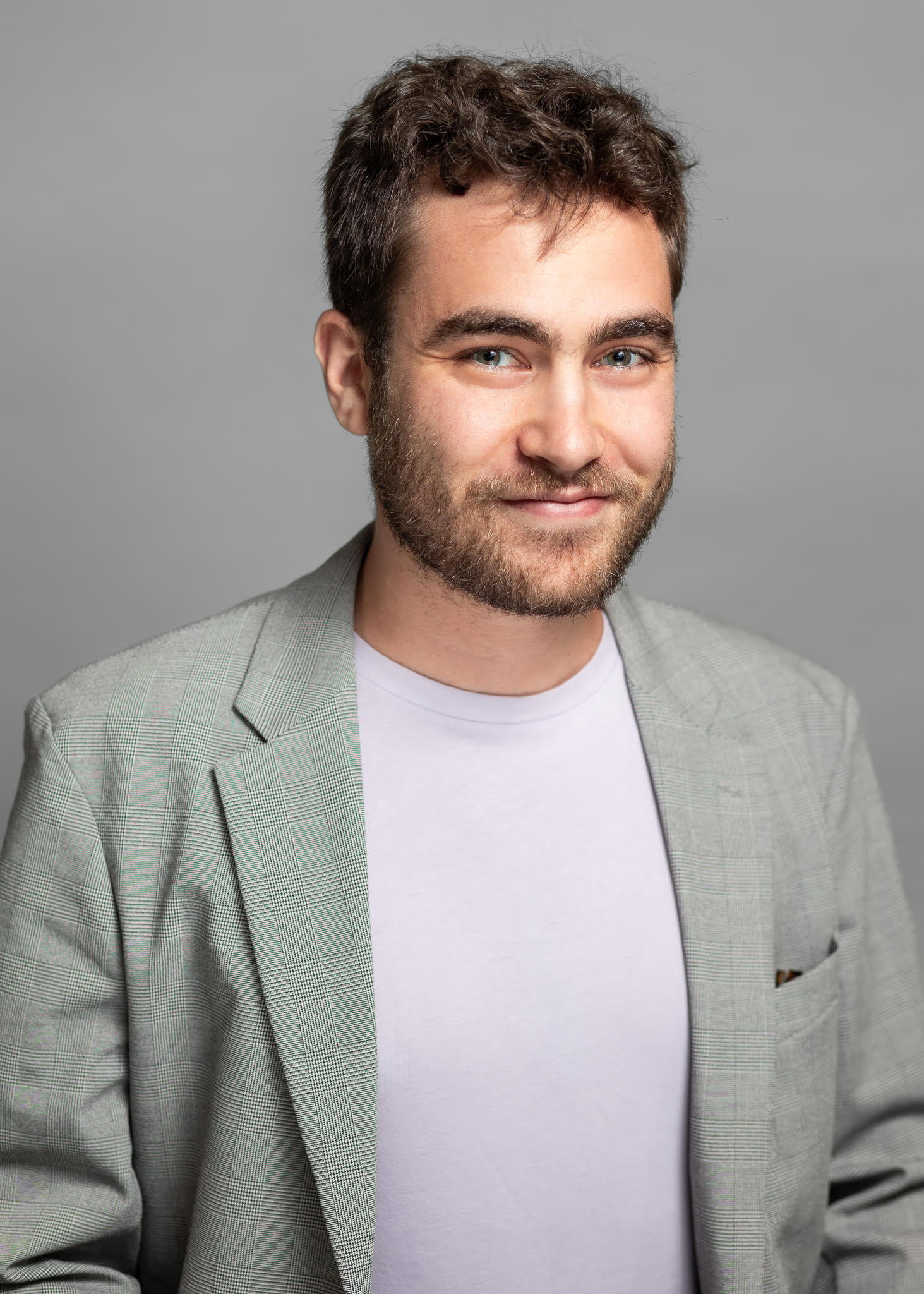Peptobiotics founder and CEO Jonathan Bester comes from an oil family; his father and two uncles are in the industry. And at one point, while working at an algae biotechnology start-up, Bester hoped to disrupt the oil industry with environmentally sustainable alternatives.
But when that company pivoted, Bester took matters into his own hands and decided to start his own firm. He wanted to find a green solution to a modern problem; his idea was to replace commonly used antibiotics in animal agriculture with microorganism-derived antimicrobial peptides.
Human pathogens are becoming more resistant to antimicrobials, in part because of the overuse of antibiotics in agriculture to prevent disease and promote growth. But microbes have been at war with one another for resources since the dawn of life on Earth, and they produce their own antimicrobial peptides—peptides Bester thought could be useful in an agricultural setting.
Pursuing that idea meant leaving his home in the UK. “Europe just was not a suitable place to start this kind of company, because the route to market takes so long,” he says. “So I moved to Southeast Asia.”
Peptobiotics CEO and founder Jonathan Bester (fourth from left) and R&D lead Jhee Hong Koh (fourth from left) with the rest of the Peptobiotics team at their Singapore headquarters. Credit:
Peptobiotics
Bester landed in Singapore during the COVID-19 pandemic lockdown, and it was exceptionally difficult to build a new base of operations. He was briefly connected with a cofounder in a collaboration that didn’t end up working out. “I was a little bit lost,” Bester says. “I needed someone who could help me build the technology. And so I asked another entrepreneur . . . who introduced me to a promising PhD student who was just graduating.”
That student was Jhee Hong Koh, now Peptobiotics’ R&D lead. “I spent 5 years of my PhD obsessed over protein production and fat production,” Koh says. “John came to my PhD lab, and I met him in the middle of an experiment.” The two had instant chemistry and joined up after Koh graduated.
In time, Koh helped Bester identify peptides that could kill common agricultural pathogens and engineer a microorganism to produce heaps of the peptides in a fermentation facility. That led to winning Singapore’s Sinergy seed grant (as Vaciome, the company’s name at the time) in 2021, the Slingshot global start-up pitching competition in 2022, and $6.2 million in series A funding from food industry and other investors in 2024.
“Europe just was not a suitable place to start this kind of company, because the route to market takes so long.”
Peptobiotics has now delivered the first of its peptides to aquaculture facilities across Southeast Asia. In trials, shrimp infected with a pathogen and treated with the peptides had between 3 and 10 times the survival rate of those not treated. In the field, the company’s partners say the peptides compete with or perform better than best-in-class antibiotics, according to Bester.
What remains to be seen is if agricultural pathogens develop resistance to Peptobiotics’ peptides. This shouldn’t matter from a human perspective, as nothing like these peptides is used to treat infections in people, and Bester says he has no plans to develop them into a human medicine down the road.
While Peptobiotics’ lead product came on the market this year, scaling up remains a challenge. “We have this huge sell sheet of people wanting more product, but we’re bottlenecked on supply,” Bester says.
The company is working with contract manufacturers to produce more product, but Koh says that scaling up leads to new synthetic biology challenges. “The biology of running fermentation in a lab is just so different than in a 50-ton, 100-ton, 30-ton bioreactor,” he says. “The challenges to make fermentation for our peptides work requires lots of back and forth, lots of learning from both parties.”
Bester says that most of the world’s fermentation industry is in Asia, particularly China, so there’s expertise and capacity to make large-scale manufacturing possible. But that concentration also means multiple competitors in the region, though Bester says Peptobiotics’ products are the best of the bunch.
If the firm can overcome its manufacturing challenges, Bester could fulfill his vision of a full-fledged, environmentally sustainable business. But that alone won’t mean success. “I don’t think we would survive as a company if we were just pitching sustainability,” Bester says. He thinks customers want the product because it works.
Chemical & Engineering News
ISSN 0009-2347
Copyright ©
2025 American Chemical Society

